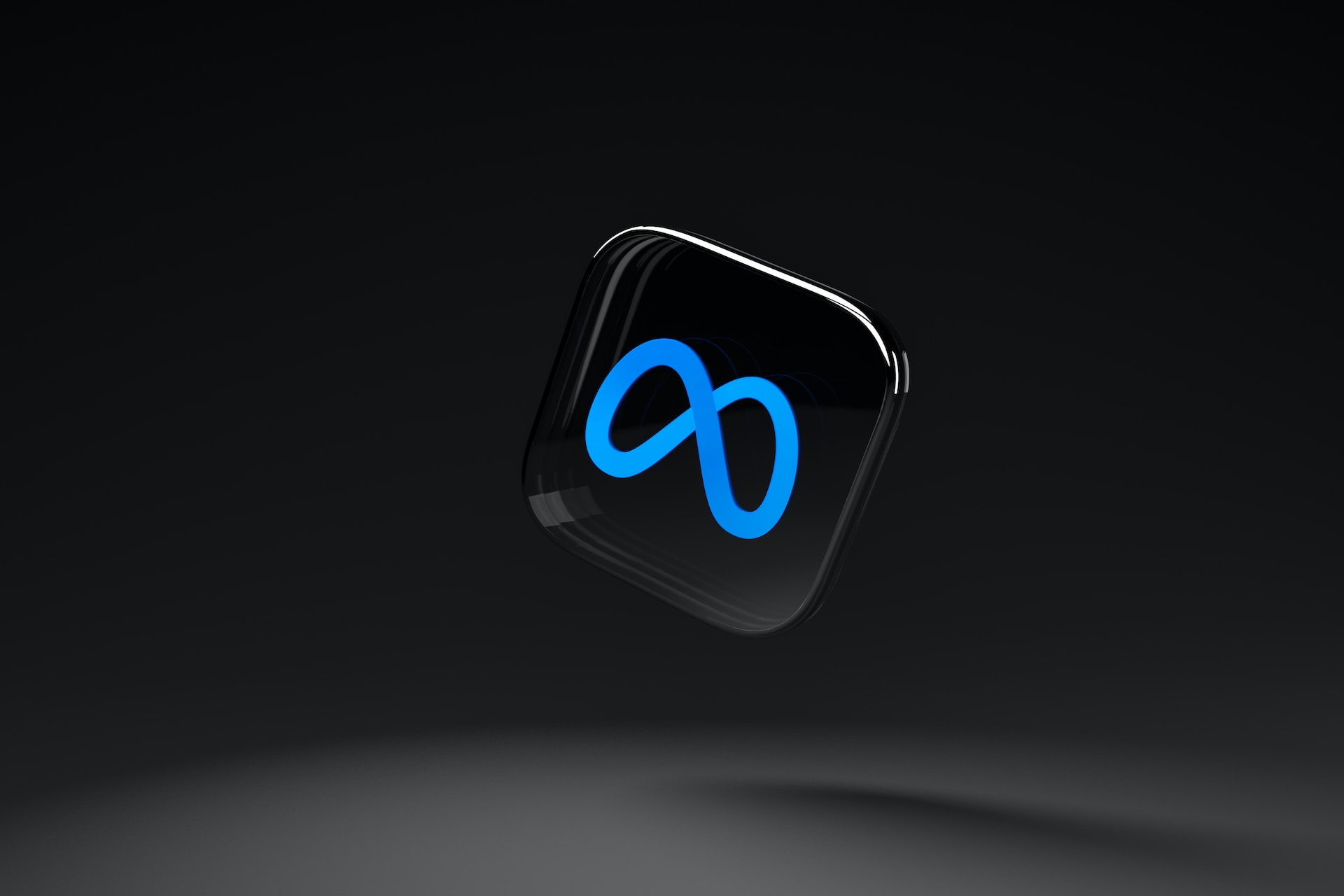On Tuesday, April 26th, the US Court of Appeals for the District of Columbia Circuit upheld the dismissal of the Federal Trade Commission’s (FTC) antitrust case against Meta Platforms (formerly known as Facebook), a decision that cements the social media giant’s dominance in the market.
The FTC had filed the lawsuit against Meta in December 2020, alleging that the company had engaged in a series of anticompetitive practices, including acquiring rivals Instagram and WhatsApp to eliminate competition, maintaining a monopoly over social networking, and imposing anti-competitive conditions on developers.
However, in June 2021, US District Judge James Boasberg dismissed the case, citing the FTC’s failure to provide sufficient evidence that Meta holds a monopoly in the social networking market.
In its decision on Tuesday, the appeals court upheld Judge Boasberg’s ruling, stating that the FTC had not met the burden of proof required to demonstrate that Meta’s conduct caused antitrust harm.
The three-judge panel also found that the FTC’s claims of anti-competitive behavior were insufficiently pleaded and that the agency did not provide sufficient evidence to support its allegations.
The decision is a major victory for Meta, which has faced increasing scrutiny from regulators in recent years over its dominant position in the social networking market. The company, which has over 3 billion monthly active users across its platforms, including Facebook, Instagram, and WhatsApp, has repeatedly denied allegations of anti-competitive behavior.
The appeals court decision also has significant implications for the broader debate around antitrust enforcement in the tech industry. Critics of Meta and other tech giants argue that the current antitrust laws are inadequate to address the unique challenges posed by the digital economy, such as network effects and data monopolies.
In response to the ruling, the FTC released a statement saying that it is “reviewing the decision and considering our options.” The agency could choose to appeal the decision to the Supreme Court or take other actions to address Meta’s dominance in the social networking market.
Meanwhile, Meta CEO Mark Zuckerberg welcomed the decision, saying in a statement, “We are pleased that the DC Circuit Court of Appeals has affirmed the dismissal of the FTC’s complaint against us. We compete fairly every day to earn people’s time and attention, and we will continue to deliver great products and experiences for our community.”
The decision is likely to embolden Meta in its efforts to expand into new markets and acquire other companies. The company has recently made a number of high-profile acquisitions, including virtual reality company Oculus and customer service platform Kustomer, and has signaled its intention to move into the metaverse, a virtual world that blends aspects of gaming, social media, and virtual reality.
However, the ruling is also likely to renew calls for stronger antitrust enforcement in the tech industry, particularly in the wake of the recent revelations about Meta’s role in the spread of misinformation and hate speech on its platforms. Critics argue that the company’s immense power and influence over public discourse make it a threat to democracy and the public interest.
Overall, the appeals court decision represents a significant victory for Meta in its ongoing battle with regulators over its market dominance. However, it is unlikely to be the last word on the matter, as the debate over antitrust enforcement in the tech industry is likely to continue for years to come.




